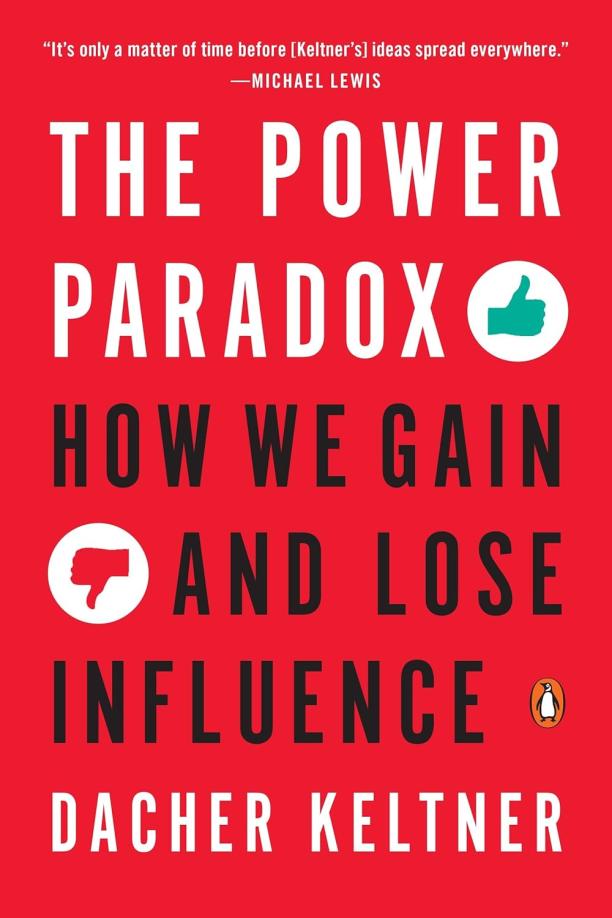Summary:
The book explores the dynamics of power, arguing that while individuals gain power through empathy and social intelligence, the experience of power can lead to behavior that alienates others and erodes the very abilities that initially led to success. It presents a nuanced understanding of influence, emphasizing the importance of maintaining social connections and using power responsibly to sustain it over time.
Key points:
1. The Power Paradox - Gaining power often involves helping others, but once in power, people tend to focus on their own interests, which can lead to their downfall.
Books similar to "The Power Paradox":

What Keeps Leaders Up at Night
Nicole Lipkin
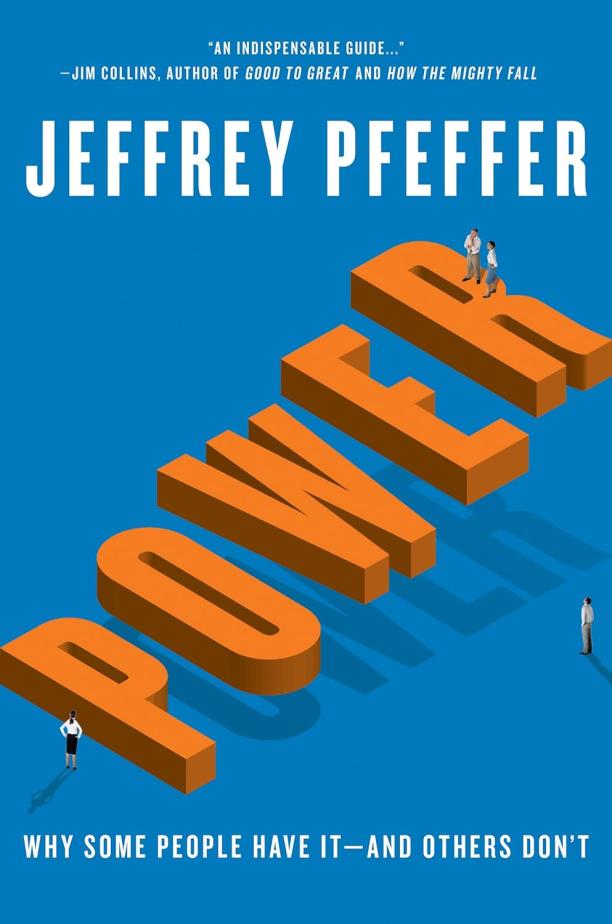
Power
Jeffery Pfeffer
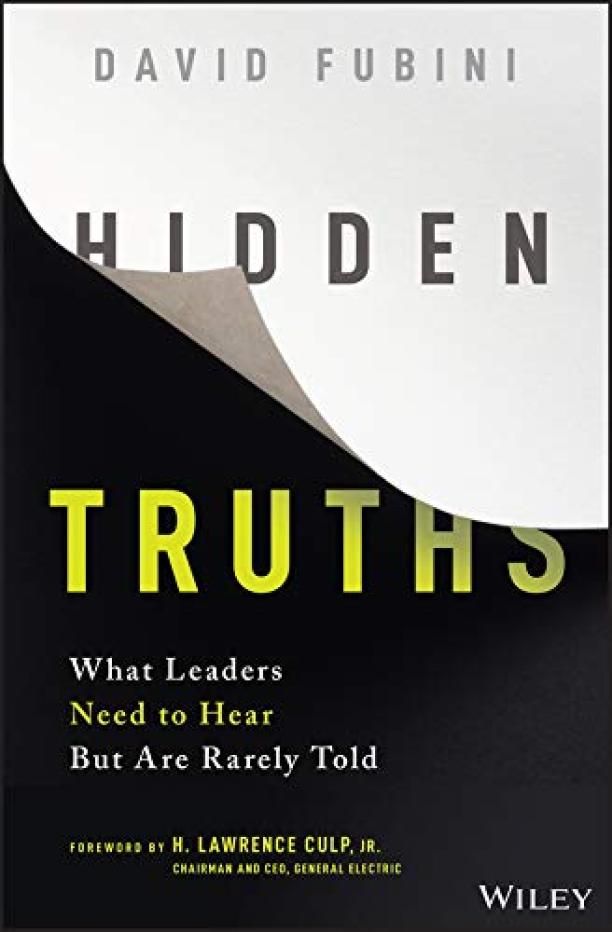
Hidden Truths
David Fubini
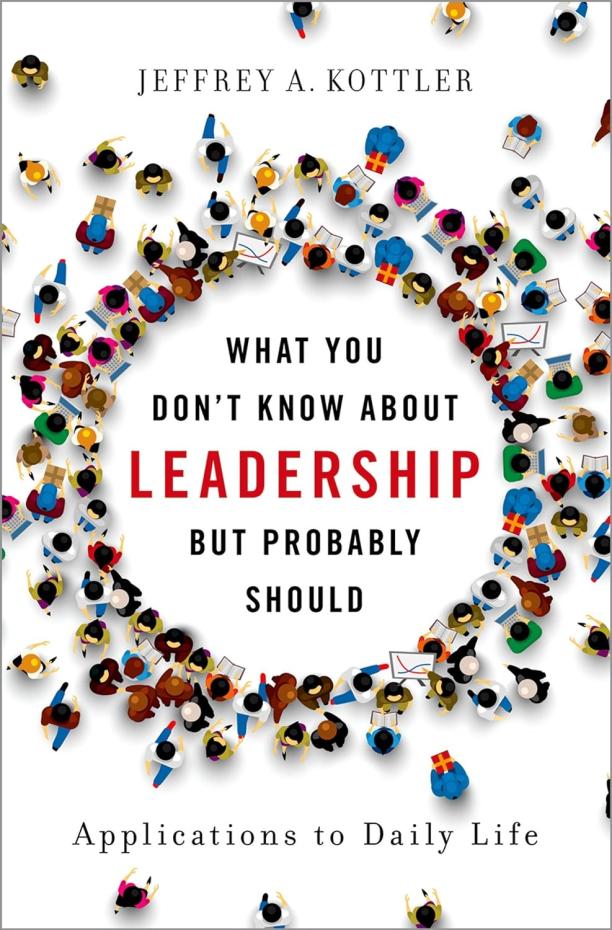
What You Don't Know about Leadership, But Probably Should
Jeffrey A. Kottler
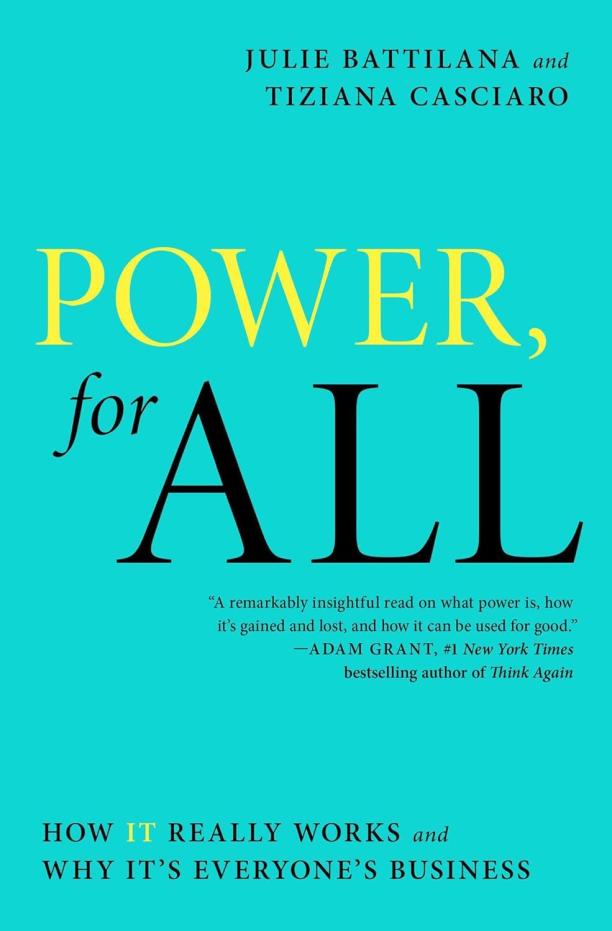
Power, for All
Julie Battilana|Tiziana Casciaro
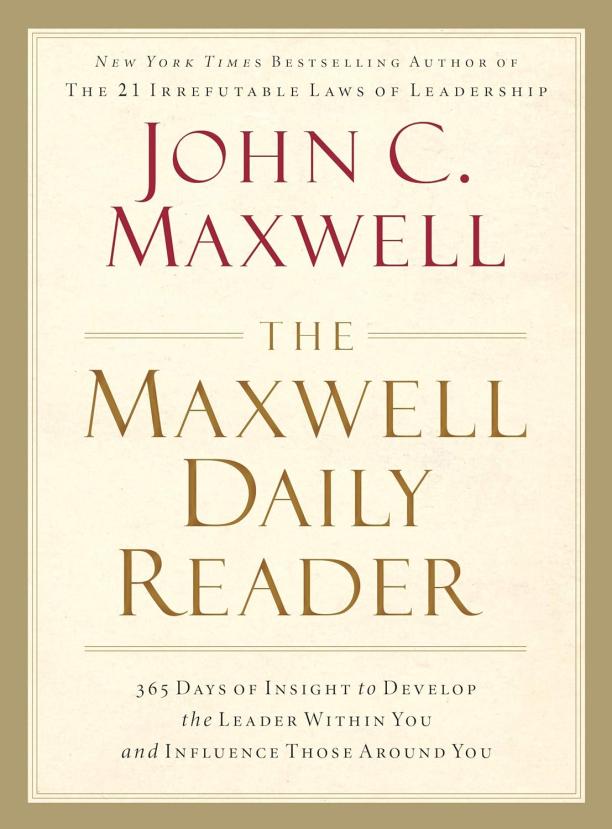
The Maxwell Daily Reader
John C. Maxwell
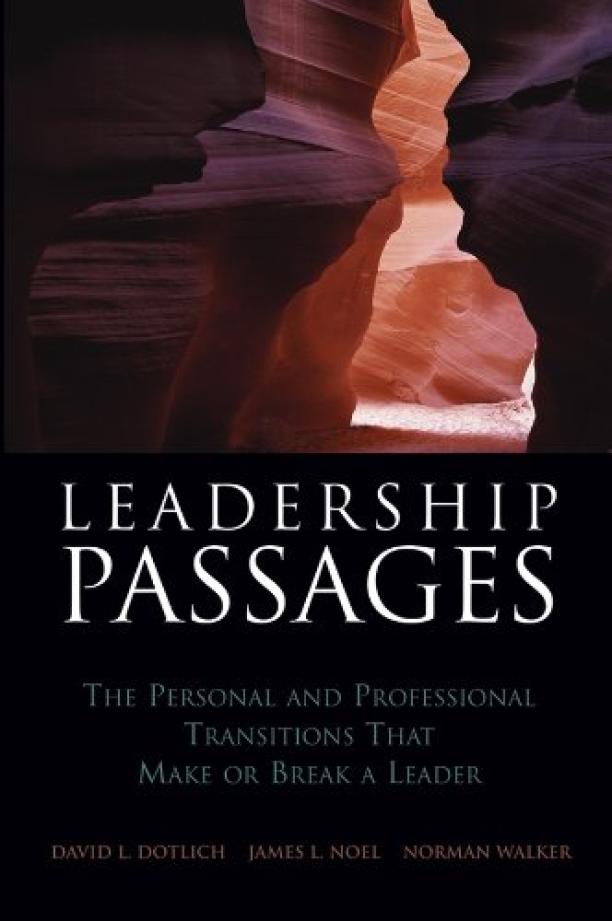
Leadership Passages
David L. Dotlich|James L. Noel|Norman Walker
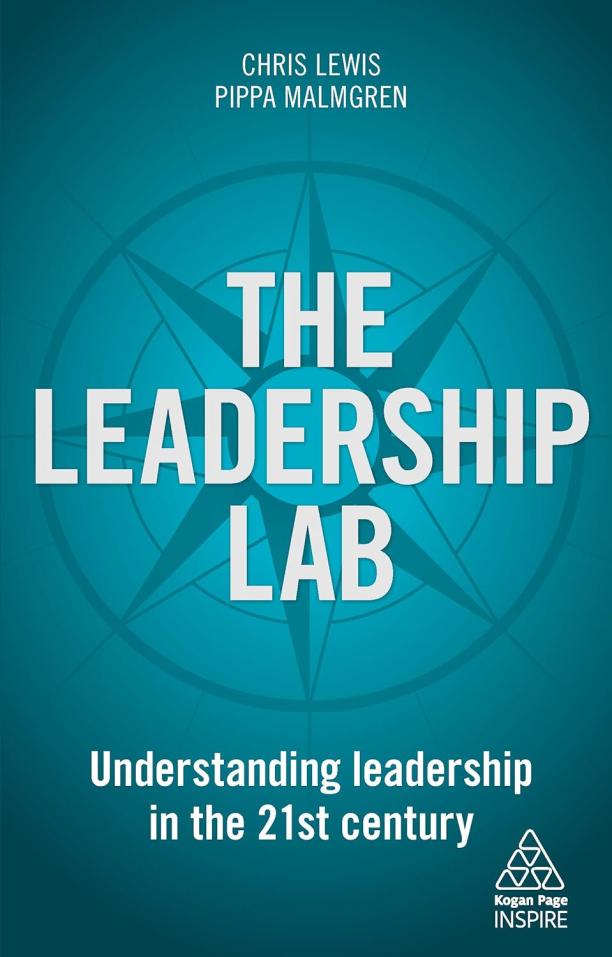
The Leadership Lab
Chris Lewis|Pippa Malmgren
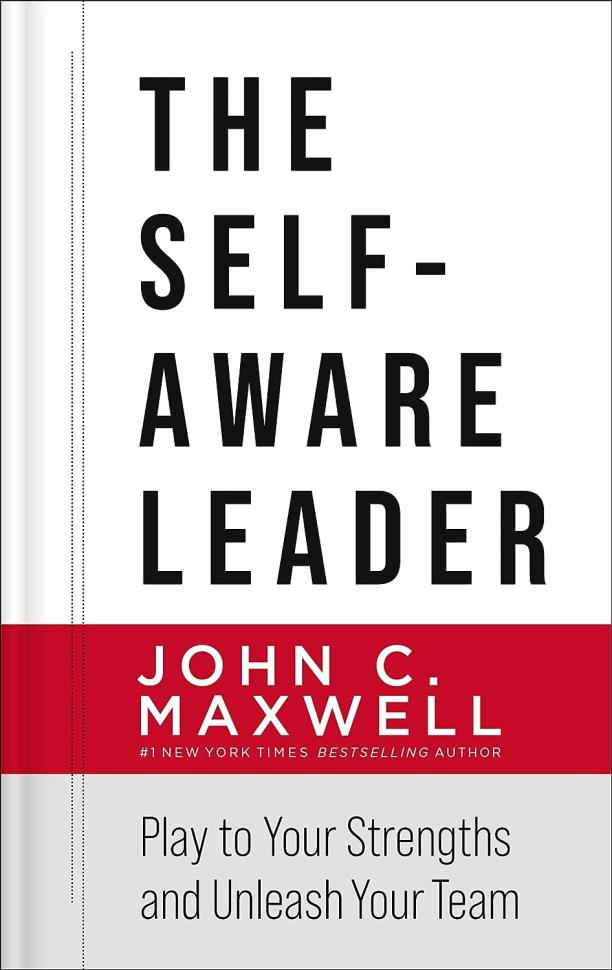
The Self-Aware Leader
John C. Maxwell
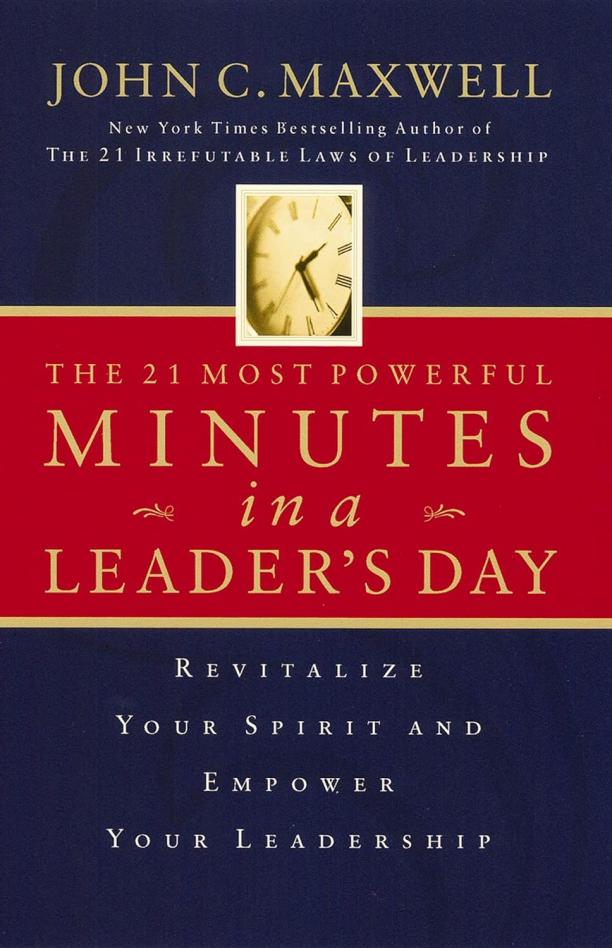
The 21 Most Powerful Minutes in a Leader's Day
John C. Maxwell
